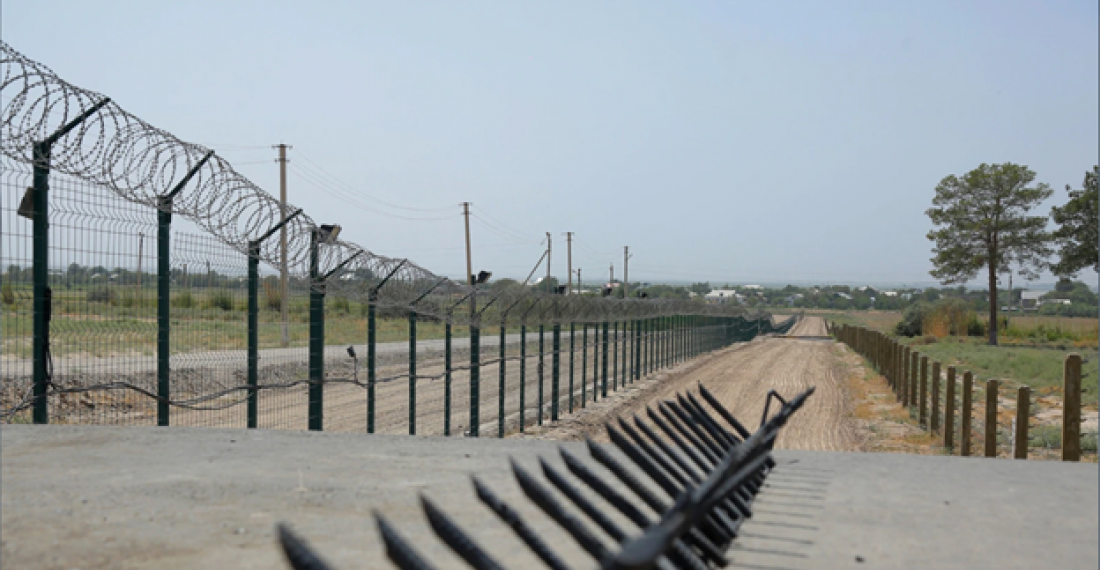The terrorist group, “Islamic State” Afghan and Central Asian affiliate, the ISKP, claimed that it fired ten rockets from the north of Afghanistan towards the Uzbek city of Termez, where a military unit was located. However, authorities in both Uzbekistan and Afghanistan have rebuffed the claims, with Uzbekistan assuring citizens of stability in the region.
The ISKP’s claim that it launched rockets on Monday, 18 April into Uzbekistan was accompanied by a video that showed projectiles being used. Nevertheless, the Uzbek President’s spokesperson wrote in a post published on Telegram that “No military activity has been observed on the Uzbek-Afghan border, the situation is stable.” A resident of Termez who spoke to the outlet Eurasianet said, “My parents live in a village near the border. If something happened, I would definitely know about it.” The Uzbek Defense Ministry asked citizens “not to believe such false reports and to rely on official sources.” Furthermore, the Taliban’s rebuttal to the ISKP’s claims stated that the situation on the shared border “is normal and there is nothing to worry about.”
Although the ISKP’s assertions are disputed, there has been increasing activity from the extremist group. The ISKP has started to disseminate propaganda videos in several languages including Uzbek, Tajik, and Kyrgyz. The growth of the ISKP has been attributed to the chaos that ensued after the Taliban deposed Afghanistan’s republican government. At the time, the Taliban freed approximately 2,000 prisoners with ISKP members among those released.
The claims by the ISKP come only days after Pakistan conducted airstrikes against the Pakistani Taliban (TTP) in Afghanistan. Instability in Afghanistan continues to be a pressing issue for the wider region.







